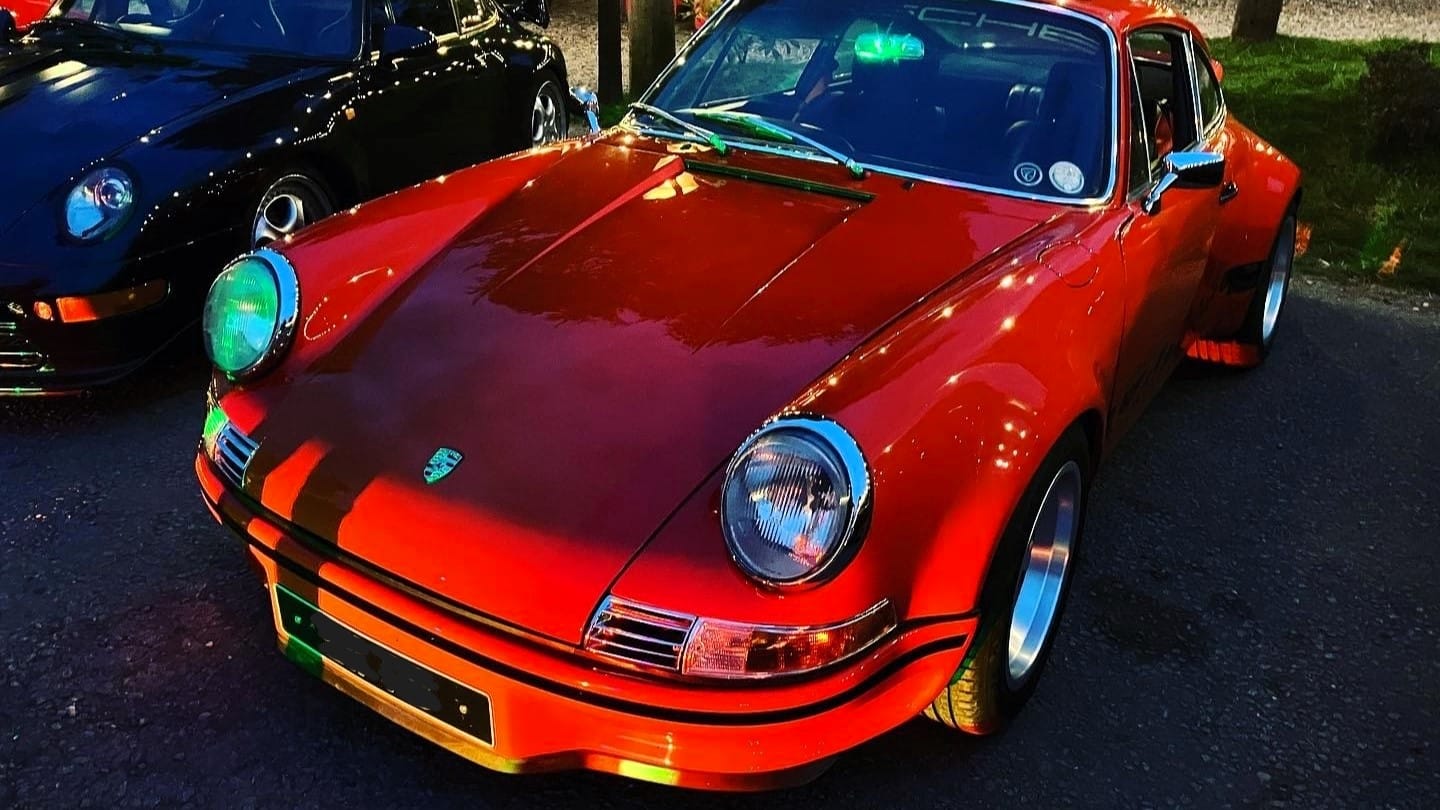How is insurance for classic cars different from regular car insurance?
9th November 2023

A blog by Jonny Davies, High Net Worth Account Executive
What is a ‘Classic Car’
The definition of a ‘Classic Car’ differs depending on who you ask.
HMRC define a Classic Car as anything over 15 years old and worth a minimum of £15,000. From a Tax perspective if your vehicle is more than 40 years old, it will be considered a classic, and will be exempt from paying Vehicle Excise Duty (VED).
From an insurance perspective, again, each individual insurer will differ in their exact definitions. Some of them will follow the guidelines provided by HMRC and consider a vehicle over 15 years old to be a classic. Whilst others will consider the Age, Make/Model and usage of the vehicle when making a decision on the classic car status.
Similarities to Standard Car Insurance
Although there are differences and nuances compared with more standard cover, the underlying principle of classic car insurance is still the same.
Classic Car policies will still cover the policyholder and any named drivers for standard perils such as: –
- Accidental Damage cover
- Theft or Attempted Theft
- Third Party Liability
- Glass
- Personal Accident
Regardless of how infrequently you might take your classic car for a drive, there is still a legal requirement to insure in the same way as all cars on UK roads.
Differences to Standard Car Insurance
Most classic car policies do not operate on earned ‘No Claims Bonus’. The premium is calculated on net basis and takes into account; make/model, vehicle age, vehicle condition, mileage and usage, to name a few.
A Classic Car policy would typically exclude cover for a courtesy car and driving other vehicles, although some policies may cover this.
Second Car to a Daily Driver
Generally, these vehicles are owned in addition to daily use vehicles.
Typically, you would find a ‘standard’ car policy to operate on roughly 8000-12,000 miles per annum, cover vehicles being used for business, driven to and from work and other social use.
Classic Cars tend to operate on a much lower mileage, typically around 500-3000 miles a year, as they are only used occasionally such as weekend use only. Often, a Classic Car policy will include endorsements relating to the usage and how many miles a year these are driven. This is typically to protect and ensure the condition of the vehicle.
Agreed Value
Most Classic Car policies will include an agreed value for the vehicles. This is the agreed amount you would receive if the vehicle is deemed a total loss. As the condition of each individual vehicle can vary and can have a great impact on the value of the vehicle, insurers may require you to prove the condition of the vehicle, potentially asking you to provide photos and reports from engineers. In some cases full valuations are requested from an accredited valuer, to ensure that the agreed value of the vehicle is reflected accurately.
Specialist Cover
Many Classic Car policies will allow you to get vehicles repaired at certain repairers that specialise in looking after particular vehicles. For example, if you own an Austin Healey, you would more than likely want work to be undertaken by a specialist repairer that works with Austin Healeys often, or at least has experience in working with them.
Your classic cars are your pride and joy. They are the vehicles you take extra special care in looking after. They could be particularly important to you from a sentimental standpoint, or purely from a financial aspect. What is important is ensuring your cover is adequate for your circumstances. That’s why we would recommend speaking to your broker to source the best cover for you and your vehicles.


